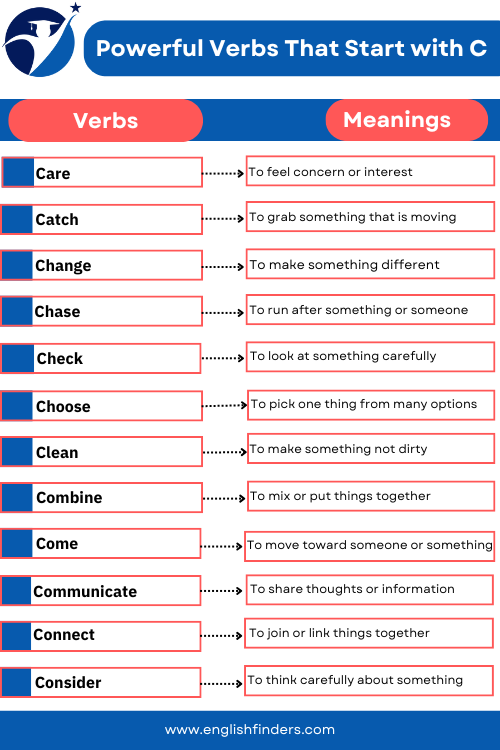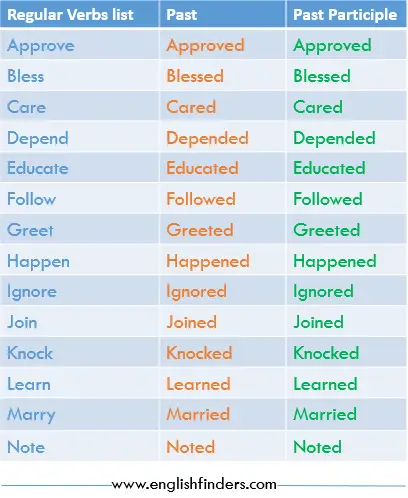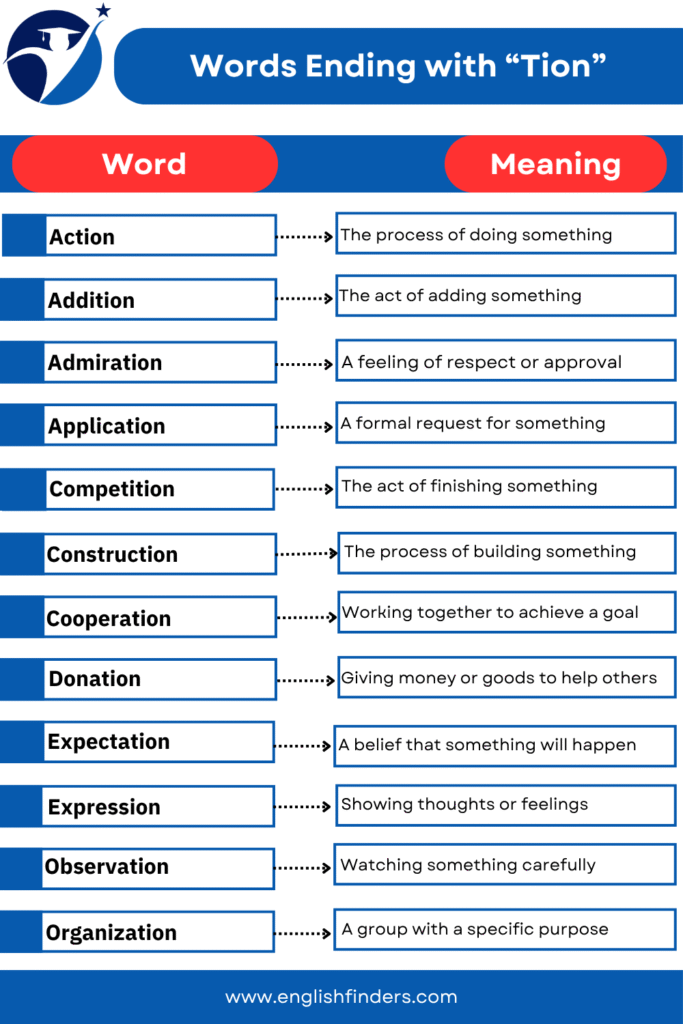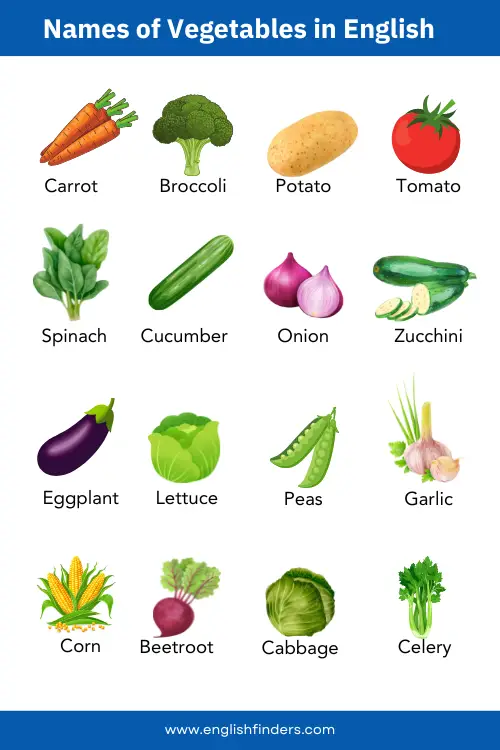Last updated on April 25th, 2025 at 04:09 pm
Today, we’re going to explore 50 powerful verbs that start with C—and trust me, they’re more useful than you might think! Verbs are action words. They tell us what someone or something does, and they bring our sentences to life.
Learning verbs that begin with a specific letter, like the letter C, can help you stay organized while expanding your vocabulary step by step. In this lesson, we’ll discover 50 verbs that start with C, along with their meanings and simple example sentences to help you understand how each verb works in real life.
Why Learn Verbs That Start with C?
Quick Navigation
You might have a question about why focus on verbs that start with the letter C? Great question! There’s actually a smart reason behind it.
First, learning verbs by letter helps you stay organized. Instead of trying to memorize a long list of random words, you’re breaking it down into smaller, easier chunks. This makes studying much less stressful—and a lot more fun!
Second, the letter C starts many commonly used verbs in everyday English. Think about words like create, climb, or call. These are actions we do all the time! When you learn more verbs that start with C, you’ll start noticing them in conversations, books, and even your favorite TV shows.
Lastly, knowing more action words makes your writing and speaking stronger. You can say exactly what you mean, and that makes your English sound clearer and more confident.
List of 50 Verbs That Start with C
Here’s a list of 50 verbs that start with C, arranged in alphabetical order for easy learning. Each verb comes with a simple meaning and an example sentence to help you understand how to use it.
| Verb | Meaning | Example |
|---|---|---|
| Calculate | To find a number or amount using math | She can calculate the total cost quickly. |
| Call | To shout or use a phone to talk to someone | I will call you after reaching the airport. |
| Camp | To stay in a tent or outdoors for fun | We camped in the mountains last summer. |
| Capture | To catch or take control of something or someone | The police captured the thief. |
| Care | To feel concern or interest | I care about my friends and their feelings. |
| Carry | To hold something and take it somewhere | He has carried the heavy box to the car. |
| Catch | To grab something that is moving | Try to catch the ball before it hits the ground. |
| Celebrate | To do something special for a happy event | We celebrated her birthday with a party. |
| Change | To make something different | I want to change my hairstyle. |
| Charge | To ask for money or to give power to something | He charged his phone before leaving. |
| Chase | To run after something or someone | Jonny chased his brother to meet his family. |
| Cheat | To act unfairly or break the rules | It’s wrong to cheat on a test. |
| Check | To look at something carefully | Please check your answers before submitting. |
| Choose | To pick one thing from many options | You can choose your favorite color. |
| Chop | To cut something into pieces | He chopped the vegetables for dinner. |
| Claim | To say something belongs to you or is true | She is claiming the lost backpack was hers. |
| Clap | To hit your hands together to show you like something | Everyone clapped after the performance. |
| Clean | To make something not dirty | I need to clean my room today. |
| Clear | To remove things or make something easy to see | He cleared his desk before starting the test. |
| Climb | To go up something using hands and feet | We climbed to the top of the hill. |
| Close | To shut something | Please close the door quietly. |
| Coach | To teach or train someone in a sport or skill | She coaches the school’s soccer team. |
| Collect | To bring things together in one place | He collects old coins as a hobby. |
| Color | To fill in with color using crayons, pencils, or paint | The children colored the pictures beautifully. |
| Combine | To mix or put things together | Let’s combine our ideas for the project. |
| Come | To move toward someone or something | Can you come to my house after school? |
| Comment | To give an opinion or say something about a topic | She commented on the teacher’s question. |
| Communicate | To share thoughts or information | They communicate using sign language. |
| Compare | To look at two or more things to see how they are alike or different | Let’s compare the two books we read. |
| Compete | To try to win against others | He competed in the spelling contest. |
| Complain | To say you are unhappy about something | She complained about the loud noise. |
| Complete | To finish something | I have completed my homework early. |
| Concentrate | To focus your attention on something | It’s hard to concentrate when it’s noisy. |
| Confess | To admit you did something wrong | He confessed to breaking the window. |
| Confirm | To make sure something is correct or true | Please confirm your appointment time. |
| Connect | To join or link things together | We connected the computer to the printer. |
| Consider | To think carefully about something | I’m considering joining the drama club. |
| Construct | To build something | They constructed a bridge across the river. |
| Continue | To keep doing something | We continued our walk after the rain stopped. |
| Control | To have power over something | She controls the robot with a remote. |
| Cook | To prepare food using heat | I love to cook pasta on weekends. |
| Copy | To make something look the same as the original | Don’t just copy your friend’s answer. |
| Correct | To fix a mistake | The teacher corrected my spelling. |
| Count | To say numbers in order | He is counting the apples in the basket. |
| Cover | To put something over or on top of something else | Cover your mouth when you cough. |
| Crash | To hit something hard and suddenly | The car crashed into the wall. |
| Create | To make something new | She created a beautiful painting. |
| Creep | To move slowly and quietly | The cat crept toward the bird. |
| Criticize | To point out mistakes or faults | He criticized the movie for being too long. |
| Cry | To shed tears when you’re sad or hurt | She has been crying for her mother since morning. |
Final Words
In this lesson, we explored 50 useful verbs that start with C, each with a clear meaning and example sentence to help you understand how to use them in everyday situations.
These verbs that start with C are not just words to memorize—they’re tools you can use to express your thoughts, share your ideas, and understand others better. Whether you’re writing a story, answering a question, or chatting with friends, the more action words you know, the easier it becomes to speak and write clearly.
frequently Asked Questions
Why should I focus on learning verbs that start with C?
Learning verbs that start with a specific letter, like C, helps you organize your vocabulary better and makes it easier to remember new words. Many C-verbs are commonly used in everyday English, so mastering them improves both speaking and writing skills.
How can I practice these verbs in real life?
You can practice by writing short sentences or stories using the new verbs. Try using a different verb each day when you speak or write. You can also create flashcards or play games like fill-in-the-blanks to make learning fun.
Can these verbs help me improve my English grammar too?
Yes! When you learn new verbs, you also get a better understanding of sentence structure, verb tenses, and subject-verb agreement. Using a variety of verbs makes your grammar stronger and your English sound more natural.
📝 Worksheet: Practice with Verbs That Start with C
Part 1: Fill in the Blanks
Use the correct verb from the word bank below to complete each sentence.
Word Bank: call, catch, clean, cook, choose
- I will __________ my friend after I finish my homework.
- Don’t forget to __________ your room before the guests arrive.
- She knows how to __________ pasta very well.
- He tried to __________ the ball, but it was too fast.
- You can __________ any book you like from the shelf.
Part 2: Match the Verb to Its Meaning
Draw a line to match each verb with its correct meaning.
| Verb | Meaning |
|---|---|
| A. Climb | 1. To catch someone or something |
| B. Capture | 2. To get to a higher place using hands and feet |
| C. Change | 3. To make something different |
| D. Create | 4. To make something new |
Part 3: Write Your Own Sentences
Choose any 3 verbs from the list of 50 and write your own sentences using them.
- Verb: __________ → Sentence: ______________________________________
- Verb: __________ → Sentence: ______________________________________
- Verb: __________ → Sentence: ______________________________________
Part 4: True or False
Read each sentence and write T for true or F for false.
- “Celebrate” means to do something special for a sad event. (___)
- “Compare” means to look at things and see how they are the same or different. (___)
- “Complain” means to say good things about something. (___)
- “Color” means to fill in a shape with crayons or paint. (___)
- “Cry” means to laugh loudly. (___)

Azizul Hakim is the founder & CEO of englishfinders.com. He is a passionate writer, English instructor, and content creator. He has completed his graduation and post-graduation in English language and literature.




